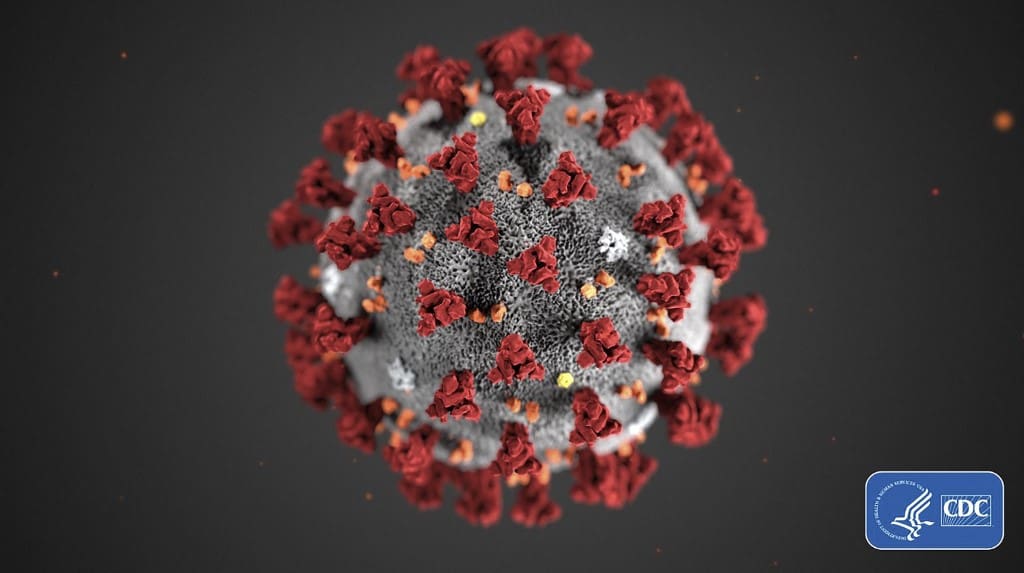The famous Temple Mount in Jerusalem reopened its doors Sunday in another example of the slow return to normality in the world.
But that return is very distant for Latin America, the current epicenter of the pandemic, which exceeded 50,000 deaths from the coronavirus — almost 29,000 of them in Brazil.
More than six million people have been infected and 369,086 have died worldwide from COVID-19, a disease which has also caused deep international divisions on how to deal with the pandemic.
This was highlighted by the United States’ announcement that it will end its relationship with the World Health Organization (WHO), accusing it of being too lenient with China, where the pandemic originated in December.
Difficult weeks are ahead for all of Latin America, where infections are approaching a million. Brazil, with 28,834 deaths, has become the the country with the fourth-most deaths from the coronavirus, behind the United States (103,472), Great Britain (38,161) and Italy (33,229).
The South American giant, where 210 million people live, also has the second-highest number of confirmed infections in the world at 498,444.
The situation in Brazil is further complicated by President Jair Bolsonaro’s decision to oppose containment measures that have been decreed by several governors and mayors, who are following the recommendations of the WHO and the international scientific community.
Bolsonaro has even protested for the return of professional football in Brazil.
But Brazil is not the only hotspot in Latin America. The pandemic is also advancing with force in Mexico, with 9,779 deaths in a population of 120 million, and Peru, with 4,371 deaths in 33 million inhabitants and which Saturday exceeded 150,000 cases.
Reopening in Europe
The exit from isolation is most evident in Europe, which records almost half of the world’s deaths from the coronavirus (177,595) and some two million reported cases, but where the pandemic now seems more under control.
Most European countries are steadfastly moving to phase out confinements, with a possible reopening of the EU’s internal borders on June 15.
In France, parks and gardens reopened this weekend, and on Tuesday, bars and restaurants will be able to receive clients
The arrival of summer and the need to launch the area’s vast tourism sector sets the pace.
Spain, for example, will begin to allow the arrival of German, French and Scandinavian tourists in the second half of June as part of a pilot project in the Balearic and Canary Islands.
Greece, another country where tourism has great weight, will authorize flights from the European Union from June 15. Visitors will not have to be quarantined, except for those who come from the regions most affected by COVID-19.
International division
The pandemic has exposed deep divisions in the international community and has led to geopolitical tensions.
The European Union on Saturday asked US President Donald Trump to “reconsider” his decision to withdraw from the WHO.
With 103,758 deaths and 1,769,776 cases, the United States is the most affected country in the world.
As a sign of his decision to use the full weight of the country on the international stage, Trump said on Saturday that he would postpone the G7 summit scheduled for June and that he would invite more nations.
“I don’t feel that the G7 properly represents what’s going on in the world. It’s a very outdated group of countries,” Trump said.
In addition, confinement measures have generated citizen unrest in countries such as the United States, Spain and Argentina, and pressure is growing on governments to restart vital sectors to cushion a historic economic crisis.
Almost a thousand people protested in Buenos Aires on Saturday against the mandatory quarantine in force since March 20.
Argentina, with 44 million inhabitants, on Saturday reported a record of daily contagions (795), and Sunday totaled 16,201 cases — including 530 deaths and 5,336 recovered.
In El Salvador, the Legislative Assembly approved an emergency law on Saturday to deal with COVID-19 and set the reopening of the economy for June 8, although President Nayib Bukele announced his opposition.
Central American governments, meanwhile, agreed to unblock borders and end a crisis unleashed by the restrictions imposed by Costa Rica on the transport of cargo.
Finally, the Ecuadorian government announced on Saturday that the Galapagos Islands will reopen their doors to tourism on July 1.






